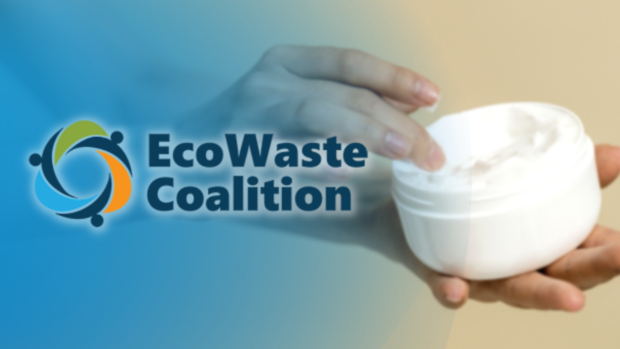
INQUIRER FILE PHOTO
MANILA, Philippines — The EcoWaste Coalition and other environmental organizations are seeking to ban the manufacture and use of cancer-causing per and polyfluoroalkyl substances (PFAS), which contaminate the natural environment.
EcoWaste along with Interfacing Development Interventions for Sustainability (IDIS), Mother Earth Foundation, Consumers’ Association of Penang (CAP), Malaysia, Taiwan Watch Institute (TWI), and the International Pollutants Elimination Network-Southeast and East Asia (IPEN-SEA) conducted a webinar to emphasize the need to ban PFAS.
According to the groups, PFAS are also called toxic “forever chemicals” since these substances do not easily break down or degrade and remain intact in the environment for a very long time.
“PFAS, which are known for their grease and water-resistant properties, are used in making non-stick cookware, greaseproof food packaging, water repellent clothing, stain proof carpets, and upholstery, fire fighting foams, polishes and waxes, paints, coatings and sealants, personal care and cosmetic products, electronics, and more,” the groups in a joint statement issued Thursday.
“Because of their widespread use, they have been detected in most places on the planet and have been found in rainwater, groundwater, and other drinking water at unsafe levels in many locations,” they added.
The groups revealed that exposure to toxic forever chemicals could lead to “thyroid disease, liver damage, kidney cancer, testicular cancer, reproductive issues, lower birth weight, and reduced response to vaccines,” among many others.
“Banning the further production and use of all PFAS and cleaning up past and current releases of PFAS should be a top priority to address this horrendous threat to human health and the environment,” they stressed.
According to Lee Bell, IPEN Mercury Policy Advisory, a recent study showed that for just four PFAS compounds of the 12,000 in existence, the global spread of these chemicals in the atmosphere had exceeded the planetary boundary for chemical pollution.
He added that the effects of these “forever chemicals” might be irreversible due to their high persistence and continuous cycle in the planet’s hydrosphere.
“The ease with which PFAS move through water means they are difficult to contain, spreading through waterways, the food chain, wildlife, livestock, and fisheries. Ultimately, they accumulate at the top of the food chain – in humans,” said Bell.
RELATED STORIES:
EcoWaste Coalition warns consumers of cosmetics with high levels of mercury
Avoid perfumes with ‘reprotoxic’ chemicals, warns EcoWaste Coalition